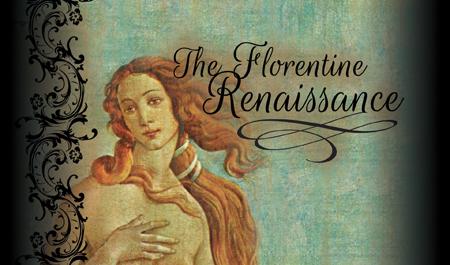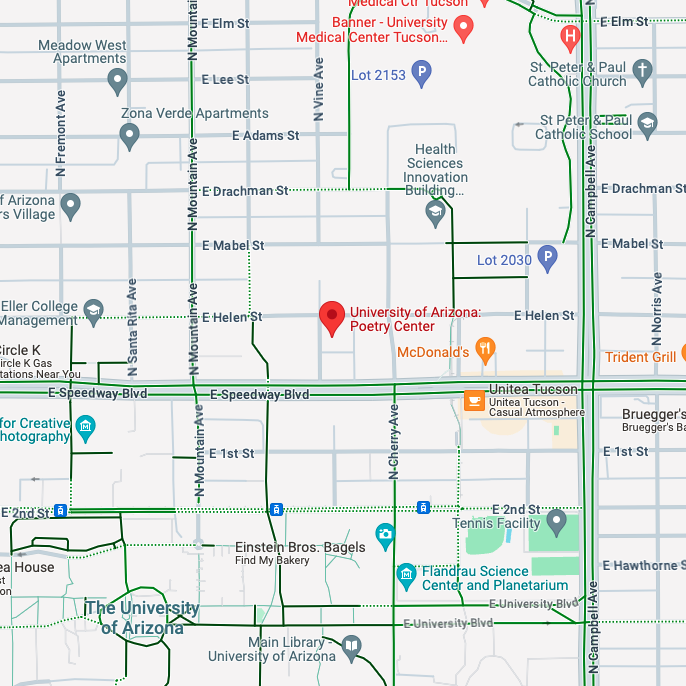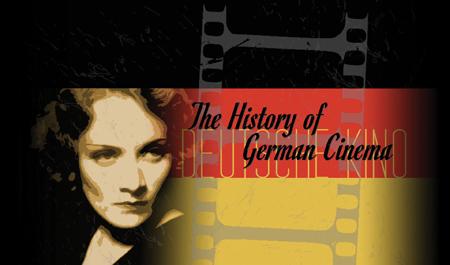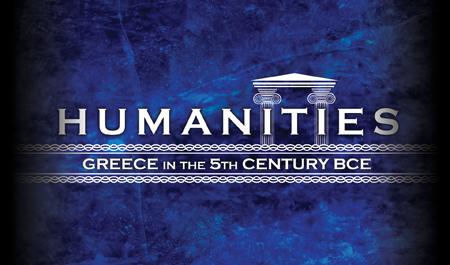The Renaissance begins in Italy and is an invention of the Florentines. This seminar is an examination of the art, architecture, sculpture, literature, and history of the republic of Florence during its period of greatest importance to world history. From the mid-14th to the late 15th century, Florence was the center of a cultural movement that has become the definition of the modern world.
We will begin by examining the first glimmerings in the frescoes of Giotto, the literary works of Petrarch and Boccaccio, the sculptural work of Donatello and Ghiberti, and the architecture and engineering of Brunelleschi. We will study the dynamics of the network of thinkers at the court of Lorenzo de’Medici, including Poliziano, Marsilio Ficino, Pico della Mirandola, and Botticelli.
As artistic experimentation with anatomy, musculature, and linear perspective accelerate throughout the 15th century, we will follow the work of the great artists Fra Angelico, Verrochio, Pollaiuolo, and others, and we will study Benozzo Gozzoli’s frescoes in the Medici-Ricardi Palace.
We will also follow the fortunes of the republic of Florence in its ups and downs, including the 1478 Pazzi Conspiracy and the career of Savonarola. Through these political upheavals the cultural expressions of Florence still triumph in the High Renaissance masterpieces of Leonardo, Raphael, and Michelangelo. We will read Machiavelli’s Prince, and examine Mannerism in the work of Rosso Fiorentino, Parmigianino, Pontormo, and Bronzino.
Reading brief selections from the period, we will have occasion to consider Lorenzo de’ Medici’s songs, the role of St. Francis of Assisi, the sonnets of Michelangelo, Petrarch’s letter to Dionisio da Borgo San Sepolcro, Machiavelli’s letter to Francesco Vettori, and the mathematical and philosophical musings of Leonardo da Vinci. Using all these works, we will try to come to a deeper understanding of the key role played by Florence and its unique culture in initiating a new period of human history, one characterized by observation, rigorous craftsmanship, experimentation, resistance to authority (but respect for the ancients), and an abiding belief that man is the measure of all things.






